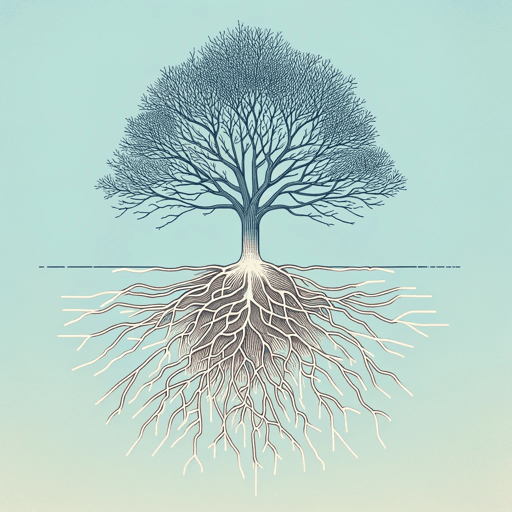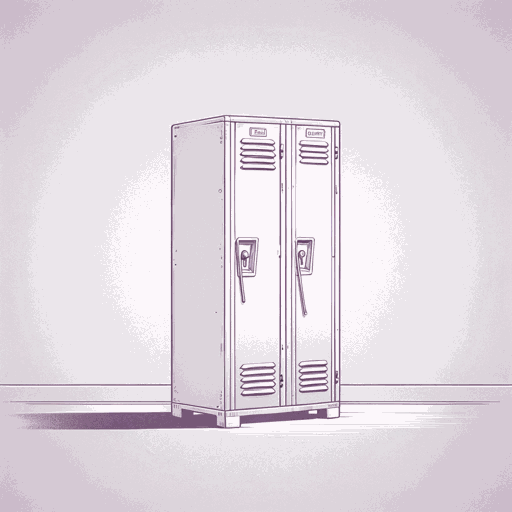39 pages • 1 hour read
Laurie Halse AndersonCatalyst
Fiction | Novel | YAA modern alternative to SparkNotes and CliffsNotes, SuperSummary offers high-quality Study Guides with detailed chapter summaries and analysis of major themes, characters, and more.
Themes
The Impact of Mortality
Two events shape Kate’s character: the death of her mother from virulent pneumonia and Mikey’s accidental electrocution.
These deaths make no sense to Kate. Of her mother, Kate says: “She got sick on a Thursday and died three days later […] it took everyone by surprise. Especially the doctors” (22). Before Mikey dies, he plays with a toy truck in his new room. When they find his body, Kate cannot process the loss, in spite of having lost her mother. A child’s death does not fit into her worldview, revealing that she is still a child herself, at least emotionally.
Neither death is logical. Kate can’t embrace her father’s religion in which such deaths, so evidently meaningless, can find purpose. Her father’s faith suggests God is the protector over all. As she watches her father abandon the sermon at Mikey’s funeral, however, Kate realizes God is a useful fantasy: “Sometimes I wish I did have faith” (20). Even her faith in science fails her. As she says in chem lab and as Mitch reminds her—“accidents don’t happen” (160).
Confronting death is central to Kate’s evolution into adulthood. The other characters’ reactions to death vary. Teri sinks into an angry depression; Kate’s father busies himself with helping the Litch family; Kate’s friend Sarah wears red to the funeral and avoids thinking about it; Mitch cleans his room; Kate’s English teacher offers her poems about grief; and Kate initially tries to run from her confusion, literally.
Related Titles
By Laurie Halse Anderson

Ashes
Laurie Halse Anderson

Chains
Laurie Halse Anderson

Fever 1793
Laurie Halse Anderson

Forge
Laurie Halse Anderson

Shout
Laurie Halse Anderson

Speak
Laurie Halse Anderson

The Impossible Knife of Memory
Laurie Halse Anderson

Twisted
Laurie Halse Anderson

Wintergirls
Laurie Halse Anderson

